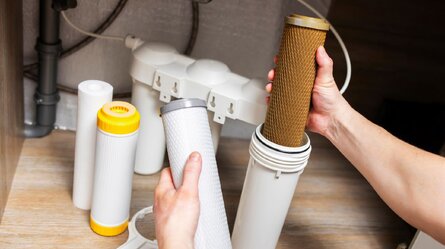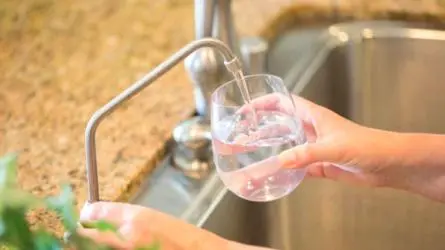Australians rely on vast amounts of water every day— around 340 litres per person on average. In some inland areas, this usage can soar to 800 litres daily. Yet, despite such high consumption, few people are aware of a hidden issue lurking in their water supply.
Hard water is notorious for its high levels of minerals like calcium and magnesium, and it’s a widespread issue for many households in Australia. As water travels through sedimentary rocks, it picks up these minerals, leading to water hardness.
Hard water might appear harmless at first, but it can subtly interfere with daily routines. Whether it’s soap that refuses to lather or unexpected plumbing troubles, the impact often flies under the radar until it becomes a real hassle.
This widespread issue is especially prevalent in Australia’s inland and arid regions, where groundwater serves as a primary water source. As homeowners increasingly seek ways to enhance water quality, the question arises: could water filtration systems be the answer? Let’s delve into the impact of hard water and how Australians are beginning to tackle this invisible challenge.
The Science Behind Hard Water
Hard water contains dissolved minerals, primarily calcium and magnesium, which enter the water supply as it passes through sedimentary rocks. These naturally occurring minerals contribute to water hardness, a widespread issue in Australia.
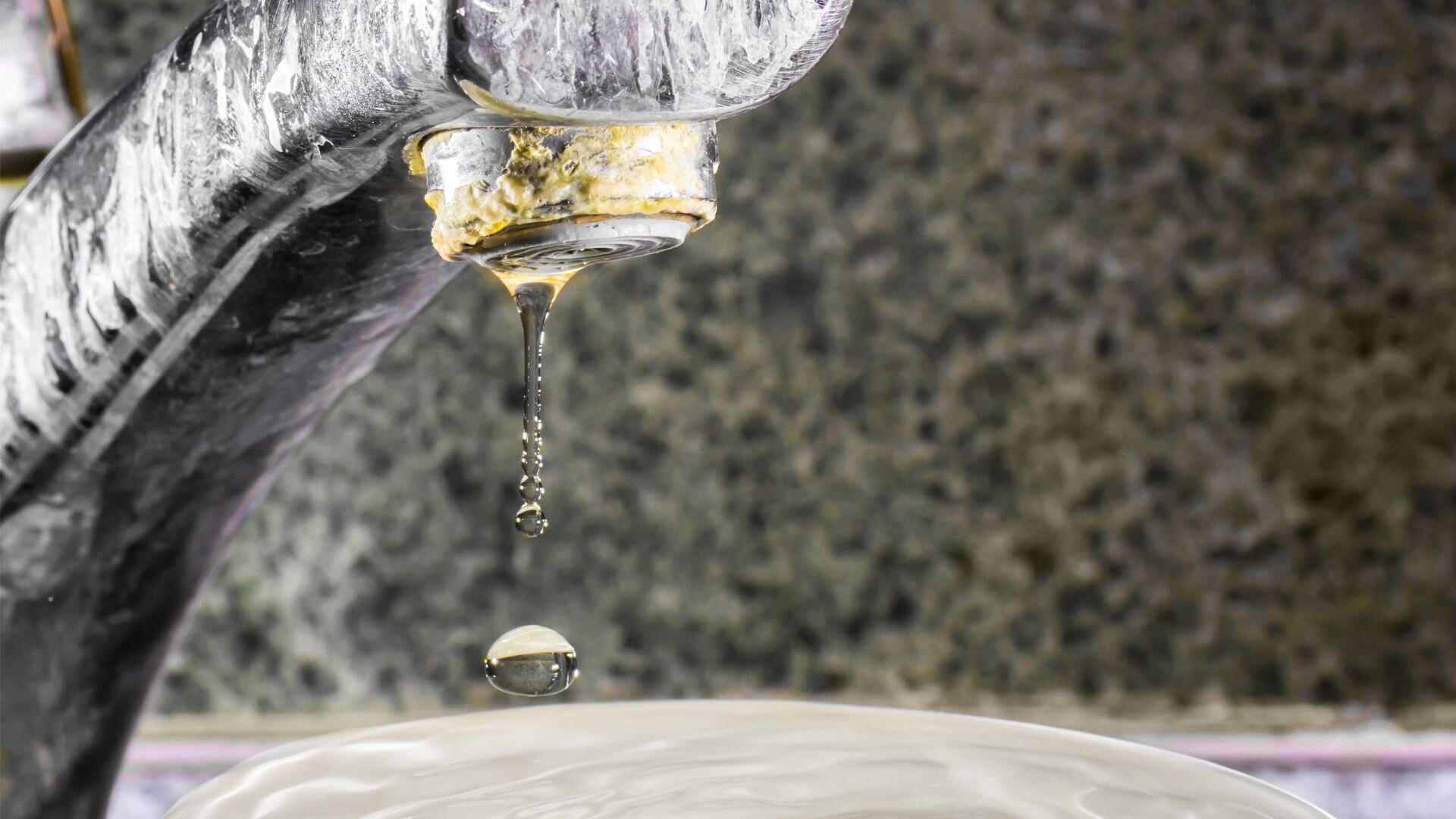
The high mineral content in hard water often leads to limescale build-up, affecting plumbing, heating elements, and even your coffee machines by reducing their efficiency and lifespan. This buildup, primarily from calcium and magnesium, can clog shower heads, damage appliances, and leave glassware with cloudy spots.
Hard water also affects human health and water taste. While some minerals, like calcium and magnesium, are beneficial minerals, excessive levels can lead to dry skin and hair.
Spotting the signs of hard water—like mineral buildup, clogged pipes, or soap that’s hard to lather—can help homeowners tackle these issues head-on. Using quality water filters, like ion exchange systems or whole house models, can effectively remove minerals such as calcium and magnesium, offering soft water that improves overall water quality.
How Water Filters Work
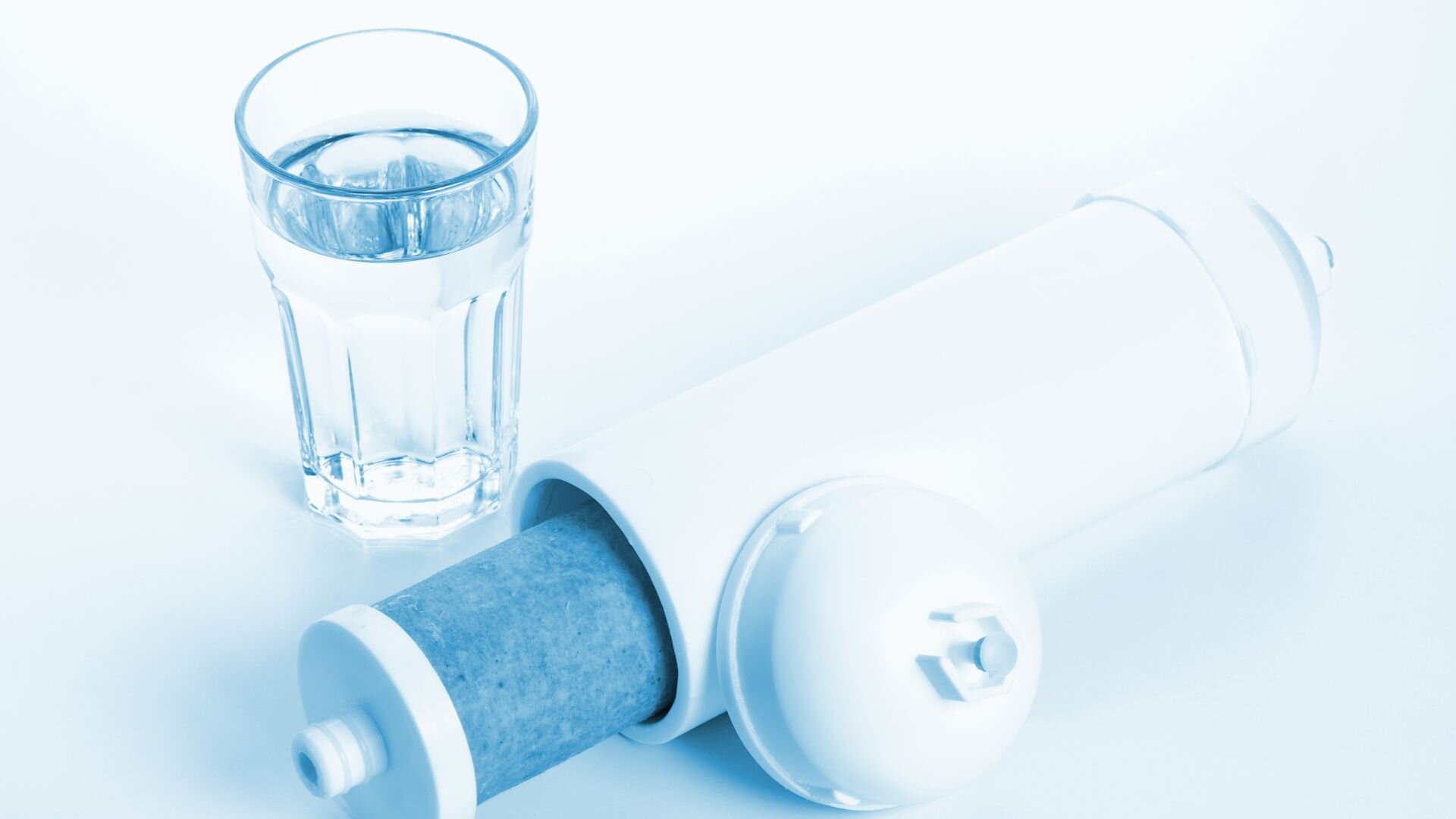
Water filtration systems play a vital role in improving the quality of tap water by removing impurities, dissolved solids, and harmful contaminants. Activated carbon filters are effective for eliminating other impurities and enhancing water taste.
Reverse osmosis systems use a semipermeable membrane to filter out dissolved minerals and heavy metals, ensuring pure water for drinking. Drinking RO water offers great tasting water free from harmful contaminants, while retaining necessary minerals for human health.
Ion exchange water filters, often part of water softener systems, work by removing calcium and magnesium ions using resin beads. These systems replace hard minerals with sodium or potassium ions, reducing scale build-up and extending the lifespan of appliances. Water filter systems, including activated carbon and reverse osmosis, cater to different needs, from drinking water to protecting plumbing systems and heating water efficiently. High-quality water filters ensure filtered water is free from other contaminants, making it suitable for all household uses.
Whether it’s dealing with hard water challenges or enhancing the taste of your drinking water, a good filtration system ensures satisfaction. It provides soft, great-tasting water while keeping the minerals you need for a healthier lifestyle.
The Role of Water Filtration Systems
Water filtration systems are highly effective in addressing hard water issues by removing dissolved minerals and harmful contaminants.
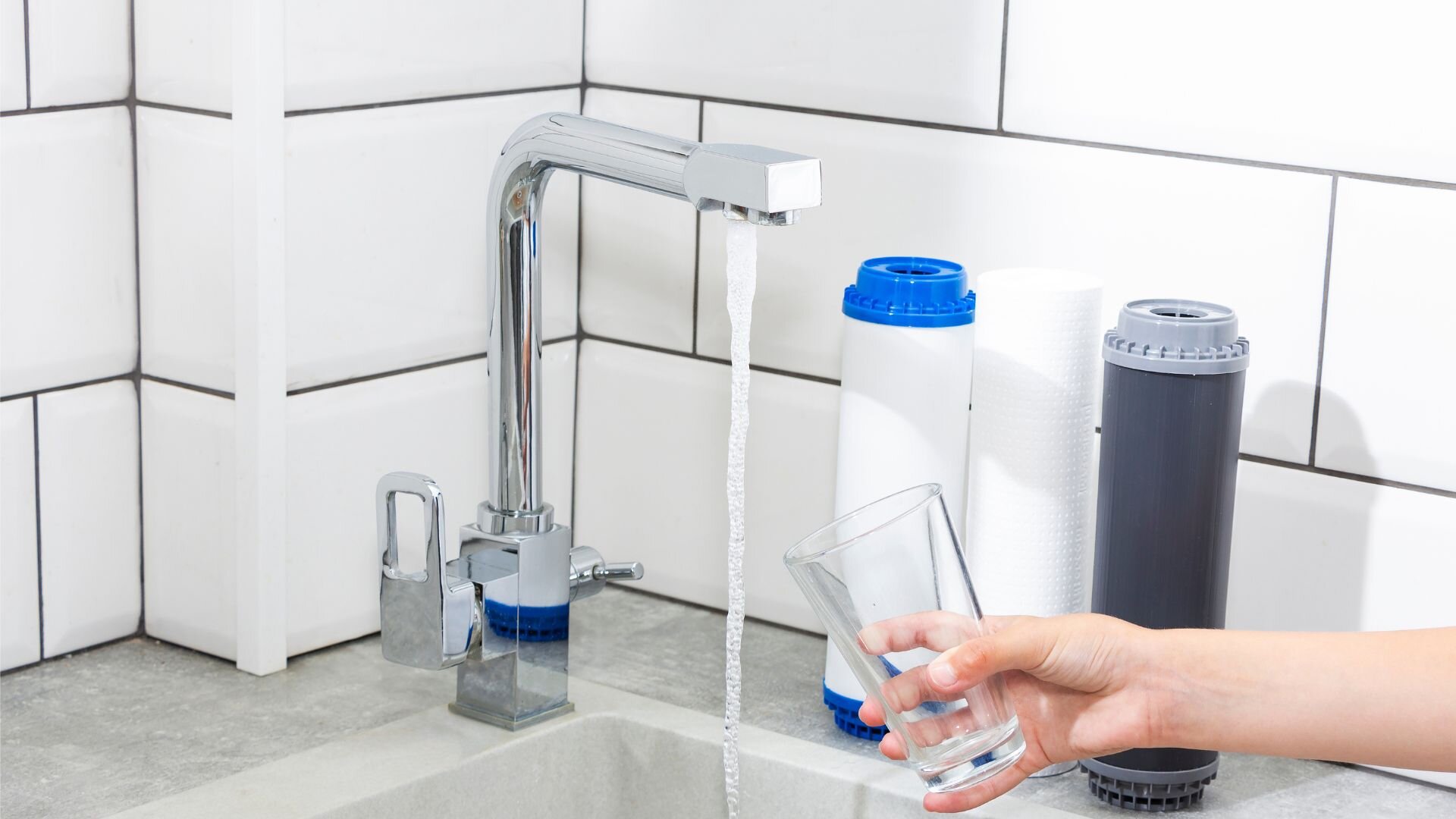
Reverse Osmosis Systems: Purifying Water
Reverse osmosis systems are particularly powerful, using a semipermeable membrane to filter out calcium, magnesium, and other dissolved solids. These systems provide pure water by removing heavy metals and other impurities, ensuring healthier drinking water for households. While reverse osmosis excels at removing hard water minerals, it can also strip away some beneficial minerals.
Ion Exchange Water Filters: Softening Hard Water
Ion exchange water filters are another popular solution. These systems replace magnesium ions and calcium ions with sodium or potassium ions using resin beads, reducing water hardness and preventing scale buildup. This process is particularly effective for whole house systems, which provide soft water to protect plumbing systems, heating elements, and coffee machines.
Comparing with Basic Filters
Unlike basic filters such as activated carbon filters, which improve water taste and remove other impurities, ion exchange and reverse osmosis are better suited for high mineral content in hard water.
Addressing Limitations
Despite their effectiveness, even high-quality water filters have limitations. For areas with extreme water hardness, combining filtration systems with a water softener may be necessary. By addressing the mineral content of hard water, these advanced systems ensure great tasting water while safeguarding household appliances and plumbing systems from scale buildup.
Alternative Solutions for Hard Water
Beyond filtration systems, there are other solutions like water softeners and magnetic descalers to tackle hard water problems. Water softeners are particularly effective in removing calcium and magnesium ions, turning hard water into soft. They use resin beads to swap these minerals with sodium or potassium ions, which helps prevent scale buildup and protect your plumbing and heating appliances.
Magnetic descalers, however, don’t actually remove minerals. Instead, they alter the structure of minerals like calcium and magnesium, which makes it harder for scale to form. Although they’re easy to install and maintain, there’s some debate about how effective they really are, and they might not solve every hard water issue.
For households with moderate water hardness, magnetic descalers may suffice. However, in areas with high mineral content, water filtration systems or the best hard water filter combined with a water softener provide better results. By understanding the mineral content of the water supply and assessing household needs, homeowners can choose the most suitable solution for their hard water challenges, ensuring customer satisfaction and improved water quality.
Choosing the Right Water Filtration System for Your Home
Selecting the most suitable water filtration system depends on various factors, including water hardness levels, household size, and budget. For households with moderate water hardness, activated carbon filters can improve water taste by removing other impurities. However, in areas with high mineral content, reverse osmosis systems or ion exchange water filters are more effective at removing calcium and magnesium ions, providing soft water for daily use.
Whole house systems are ideal for larger households, offering comprehensive water filtration to protect plumbing systems, coffee machines, and heating elements from scale buildup. Investing in high-quality water filters ensures pure water that is safe for drinking and other household needs.
Professional installation is crucial to ensure the filtration system functions optimally, addressing water hardness and improving water quality throughout your home. Consulting a trusted expert will help you choose the best hard water filter tailored to your requirements.
Pure Water, Better Living
Addressing hard water problems significantly enhances daily life by improving water quality. Soft water reduces scale build-up in appliances like coffee machines and heating elements, extending their lifespan and ensuring better performance. With fewer plumbing repairs needed, homeowners can save money while enjoying the benefits of clean, filtered water.
Hard water can affect your health too, often causing dry skin and hair. Switching to soft water with the help of high-quality filtration systems can address these issues, promoting healthier hair and skin while offering water that tastes great.
Investing in a reliable water filtration system not only safeguards your plumbing but also ensures your household has access to pure water free from harmful contaminants. From ion exchange water filters to reverse osmosis systems, these solutions cater to various needs and budgets, delivering soft water that improves overall living standards.
Woolf Plumbing is a trusted name in water filtration services, offering expert guidance, installation, and maintenance. Contact Woolf Plumbing today to ensure better water quality in your home and experience the benefits of reliable water filtration systems.



